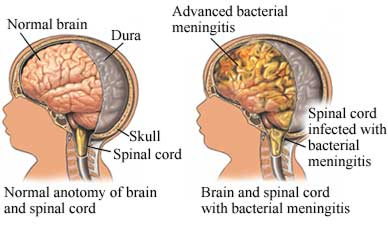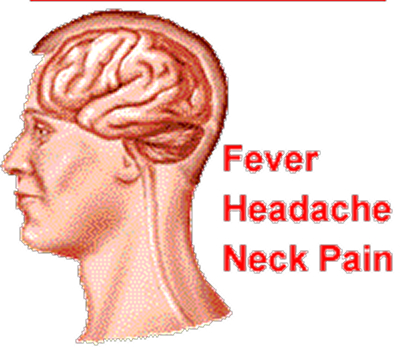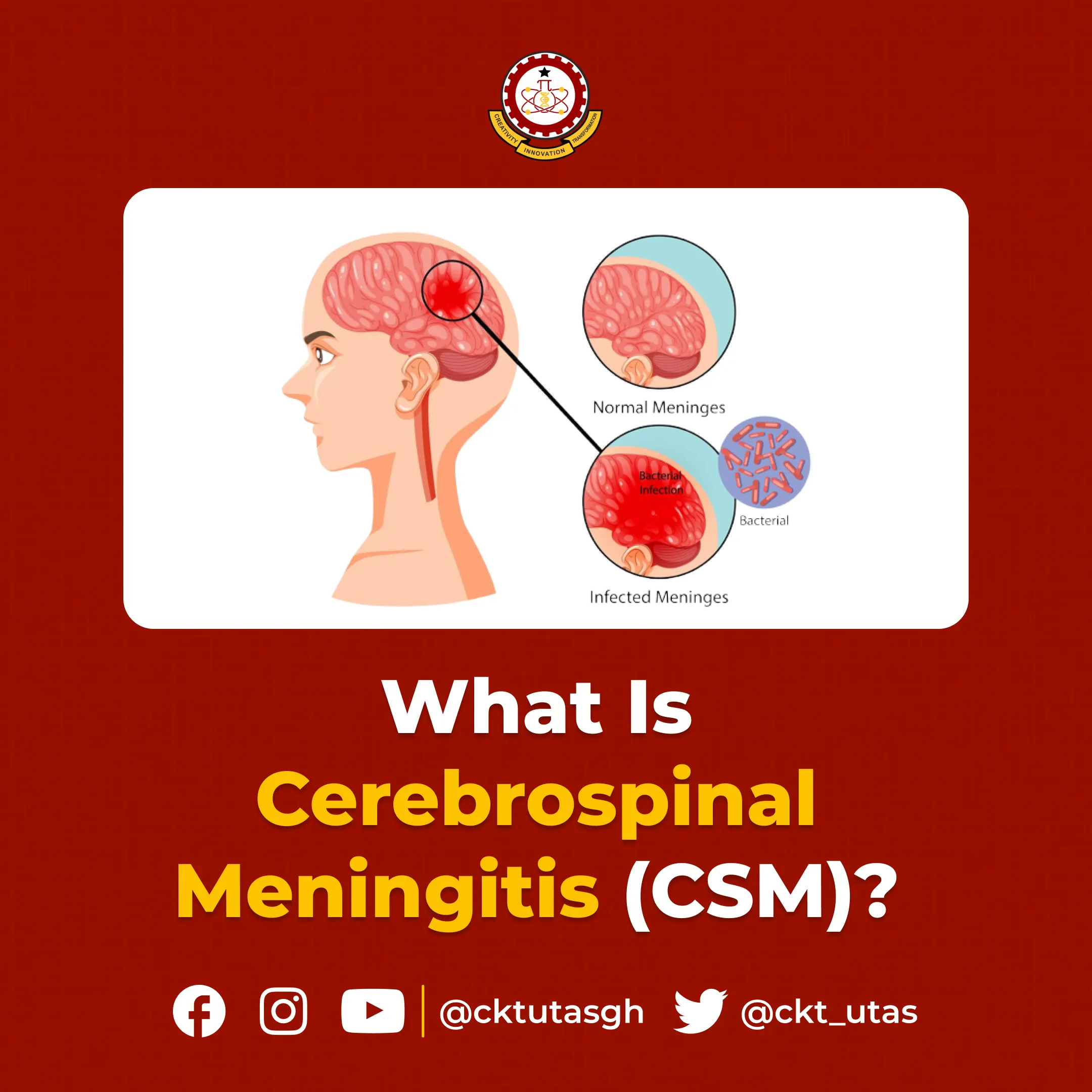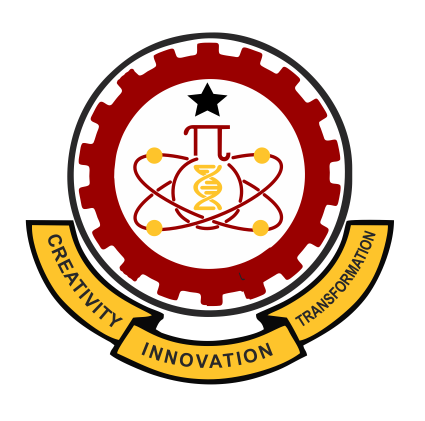
Cerebrospinal Meningitis (CSM) is a severe infection of the brain and spinal cord that can sometimes lead to long-term complications/Death.
CSM is an acute inflammation of the membranes covering the brain and spinal cord (meninges). It is classified as a medical emergency. In April 2020, Ghana’s health service reported over 40 deaths from cerebrospinal meningitis (CSM) in five regions.
This was more deaths than the 9 COVID-19 deaths reported during the same period. (https://pmc.ncbi.nlm.nih)
CAUSES OF CSM
Meningitis can be caused by bacterial, viral, fungi, and even chemicals. In our environment, the leading cause is bacteria. Bacterial meningitis is caused by various bacterial pathogens. Neisseria meningitides, Streptococcus pneumonia, and Haemophilus influenza type B are the triads responsible for over 80% of all cases of bacterial meningitis.
RISK FACTORS
Under certain environmental conditions such as dry weather, dusty winds, high temperatures during the day, and cold temperatures at night (especially during the harmattan season from October to March), the virulence of these otherwise naturally existing microorganisms increases, causing sporadic outbreaks of cerebrospinal meningitis.
People living in overcrowded conditions, poorly ventilated houses, and generally poor sanitary conditions are very vulnerable to respiratory infections, and this encourages the growth and survival of the bacteria.
MODE OF TRANSMISSION
Bacterial and viral meningitis are contagious and can be transmitted through:
– tiny droplets of respiratory secretions from an infected person during close contact such as kissing, coughing, or sneezing on someone, as well as sharing of eating or drinking utensils.
Carrier rates may be as high as 25% during endemic periods and as high as 50% during epidemics.
Incubation periods vary from 2 to 10 days. Anyone can contract meningitis, but people whose bodies have trouble fighting infections are more susceptible.
SYMPTOMS OF CSM

Meningitis can progress rapidly. One must seek medical care quickly when you experience the following symptoms:
- Sudden high fever
- Severe headache
- Stiff neck
- Sensitivity to light
- Difficulty concentrating
- Convulsions
- Nausea and vomiting
- Altered conscious levels
Although sometimes CSM can end up in fatality, most often it can be successfully treated with intravenous antibiotics. Early treatment can help prevent serious long-term complications.
COMPLICATIONS
Complications of cerebrospinal meningitis (CSM) can include:
Long-term complications
- Hearing loss
- Cerebral palsy
- Vision loss
- Hydrocephalus
- Learning difficulties
- Behavioral problems
- Seizures
- Limb weakness /paralysis
- Speech problems
- Cognitive impairment
PREVENTION
You can prevent CSM and avoid possible complications by practicing effective preventive measures such as:
- Vaccination
- Avoid overcrowded places.
- Avoid direct contact with people coughing or sneezing.
- Wear or encourage all with flu or Catarrh symptoms to MASK UP
- Allow adequate ventilation in our houses.
- Seek immediate medical help when you notice any of the symptoms of CSM.
- Washing hands frequently, especially after coughing or sneezing
STAY HEALTHY!!!
– CKT-UTAS HOSPITAL



